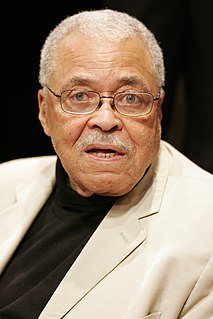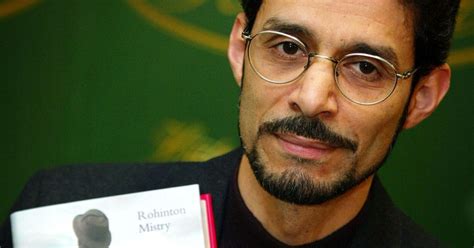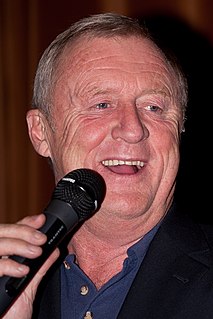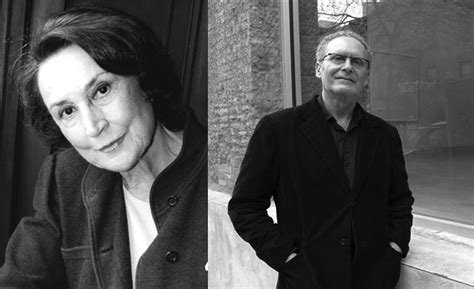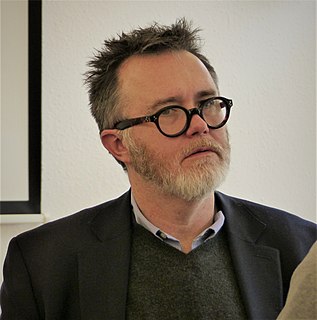A Quote by James Earl Jones
I happened to happened to land in a time, in the middle '60s, that without knowing it, and without being told by the history of theater - which we now see from a historical point of view was an explosive time.
Related Quotes
History is hard to know, because of all the hired bullshit, but even without being sure of "history" it seems entirely reasonable to think that every now and then the energy of a whole generation comes to a head in a long fine flash, for reasons that nobody understands at the time--and which never explain, in retrospect, what actually happened.
Let's say that history is what happened. The record of what happened is how each individual happens to see those events. They've already been ?ltered. When the historian or biographer takes over, history is no longer exactly what happened, because there has been a process of selection going on; it's impossible to write about anyone, any event, in any period of time, without in some way imposing, even unconsciously, your own standards, your own values.
What happened in Kosovo was the exact reversal of what happened in 'Fortress Europe' in 1943-45. Let me explain. Air Marshall 'Bomber' Harris used to say that 'Fortress Europe' was a fortress without a roof, since the Allies had air supremacy. Now, if we look at the Kosovo War, what do we see? We see a fortress without walls but with a roof! Isn't that disappearance extraordinary?!
The Work reveals that what you think shouldn't have happened should have happened. It should happened because it did, and no thinking in the world can change it. This doesn't mean that you condone it or approve of it. It just means that you can see things without resistance and without the confusion of your inner struggle. No one wants their children to get sick, no one wants to be in a car accident; but when these things happen, how can it be helpful to mentally argue with them? We know better than to do that, yet we do it, because we don't know how to stop.
What happened to that man I was seven autumns ago? What happened to that country? Time heals, yes - and thank God the pain and terror of that time has abated, at least for most of us. In that sense time is a mercy. But time also obscures the life-giving truths we perceive in the light of the shadow of death. In that way, time is a curse.
You see that pale, blue dot? That's us. Everything that has ever happened in all of human history, has happened on that pixel. All the triumphs and all the tragedies, all the wars all the famines, all the major advances... it's our only home. And that is what is at stake, our ability to live on planet Earth, to have a future as a civilization. I believe this is a moral issue, it is your time to seize this issue, it is our time to rise again to secure our future.
Something may have happened before, and yet this thing that happened just after may be so important that you don't even know about the thing that happened before and when you tell your story to yourself, or to someone else, it's going to be told not on the basis necessarily of the time course, but rather on the basis of how it was valued by you.
Not all that is presented to us as history has really happened; and what really happened did not actually happen the way it is presented to us; moreover, what really happened is only a small part of all that happened. Everything in history remains uncertain, the largest events as well as the smallest occurrence.
But every point of view is a point of blindness: it incapacitates us for every other point of view. From a certain point of view, the room in which I write has no door. I turn around. Now I see the door, but the room has no window. I look up. From this point of view, the room has no floor. I look down; it has no ceiling. By avoiding particular points of view we are able to have an intuition of the whole. The ideal for a Christian is to become holy, a word which derives from “whole.
